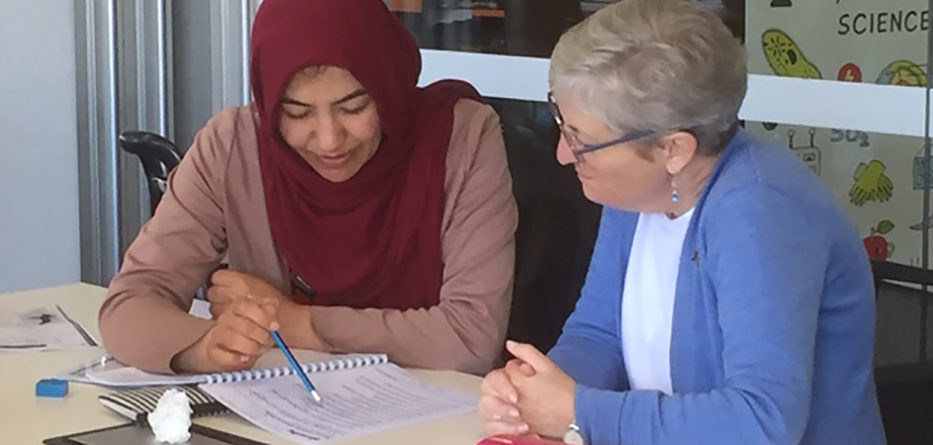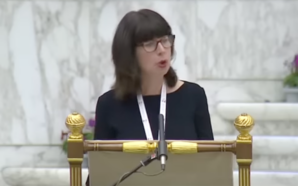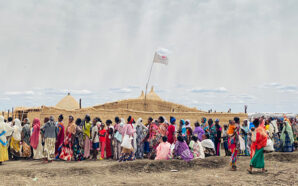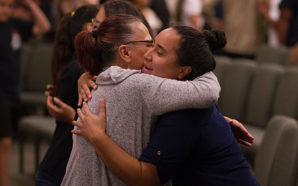8 September is the United Nations Educational, Scientific and Cultural Organization (UNESCO) International Literacy Day
In our society, we take it for granted that everyone can read. But it was not always so. 3000 years ago, few civilisations had written documents or books. The voice was all important. Storytellers held the traditions and the wisdom of the tribe which were communicated in ritual dance and play, and community matters were decided by speech. Even where alphabets were used to represent speech so that people could write down words, as was the case in ancient Greece, only privileged people in society could read, and political decisions were decided by the quality of speeches. People would memorise important writings by heart.
As the Bible was written down, however, missionaries to peoples with their own spoken language needed to speak in those languages about faith and the stories on which it was based. They had first to learn the new language and to find a way of representing it in letters in which they could translate the Bible and other sacred books. Because many early missionaries spoke Greek, alphabets found in Europe and Asia show Greek influence. In this way, writing was introduced to Ethiopia, the Germanic tribes, Ireland, England, Georgia, Ukraine and the Baltic countries. This process continues to our own day, with the language of the Hill tribes in Laos and Thailand being written only recently.
Even after languages were written down, few people were able to read and write. Literacy took on added importance in the 16th Century when the Reformers emphasised the importance of the Bible, and the invention of the printing press allowed written material to be distributed widely and relatively inexpensively throughout Europe. Churches established schools in which children could learn to read and write. As societies became more complex, both religious and state-sponsored schools spread rapidly, and the ability to read and write became important for finding work and also for communication in society.
Today, the vast majority of people can read and write. Yet many cannot. Some come from remote communities in which communication is largely oral. Others, particularly elderly people, have come late to Australia from societies in which few people were literate, or where their native language was written in a different script. Some immigrants, too, began working in factories immediately on arrival and so had no time to learn to read or write. If people cannot read or write in English, they often feel inferior and ashamed, and try to conceal their inability. Their lives can be plagued by anxiety that their inability will be discovered, or that they will miss important information from government and other sources.
For this reason, International Literacy Day is important. It offers a space in which to remember people who are illiterate, and to support the work of those who reach out to them by helping them learn to read and write. Literacy opens doors to society that would otherwise be closed. It opens up the joys of reading and understanding books and magazines. It allows people to participate in public conversation about society and to become citizens. It also helps people who are shut out of society by their illiteracy to apply for jobs and to gain confidence through connecting with society in other ways. If they are Christian, too, they may be enabled to understand and to respond to God’s word through liturgy and reflection.
In the programs of the Jesuit Community College at Jesuit Social Services, encouraging literacy has been of central importance, especially for isolated migrant women for whom opportunities to work and to connect with society can increase as they become more confident in reading and writing English.
Fr Andrew Hamilton SJ writes for Jesuit Communications and Jesuit Social Services.








